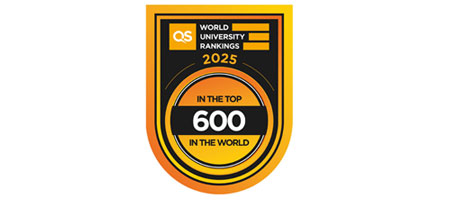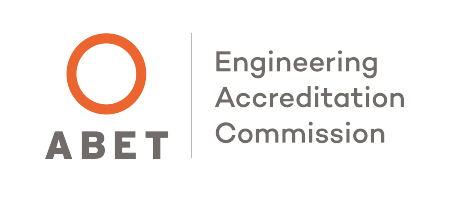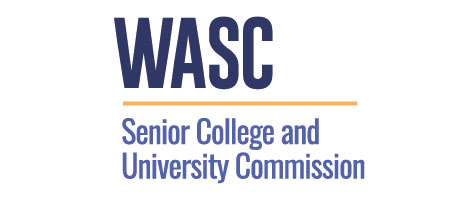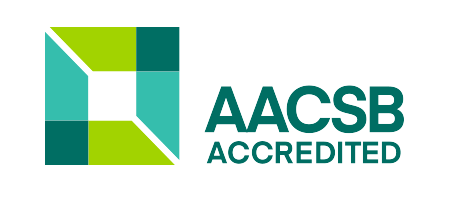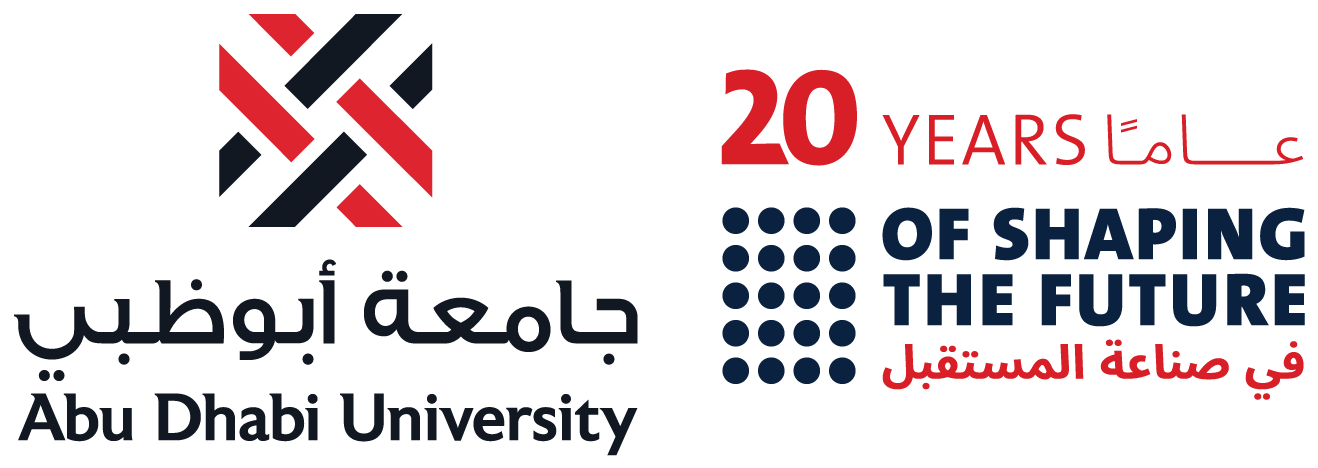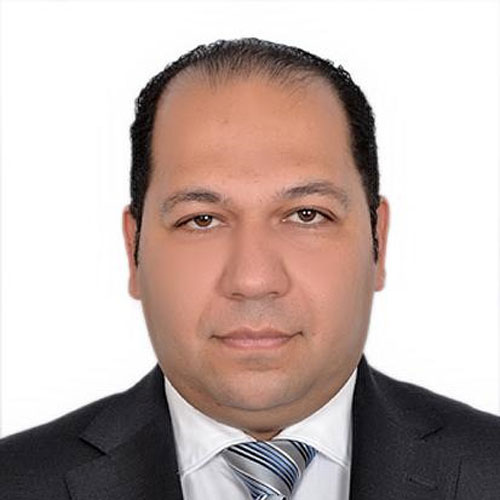Provide Module Description
Themes
Main Themes:
This module will introduce the achievements and challenges in science engineering to address pressing sustainability issues. Emphasis will be placed on:
- SDG 6: Clean Water and Sanitation, presenting the role that science and engineering have played in public health and the challenges that underdeveloped countries, where most of the population does not have access to clean water and sanitation, face.
- SDG 12: Ensure Sustainable Consumption and Production Patterns, describing the massive amount of waste we create that pollutes the environment and highlighting the actions we can take as active citizens to reduce, recycle, and reuse waste.
- SDG 14: Conserve and Sustainably Use the Oceans, explaining how plastic is currently polluting our oceans and seas, threatening marine life, and eventually passing into the food chain, threatening our health.
- SDG 11: Sustainable Cities and Communities, describing how modern cities can achieve a balance between human habitation and the natural environment.
Secondary Themes:
These main topics will also be related to SDG 2: to Achieve Food Security and Promote Sustainable Agriculture, and SDG 3: Good Health and Well-Being, by highlighting the food waste and health problems created by overconsumption and the depletion of earth's resources to meet our modern needs; SDG 9: Industry, Innovation and Infrastructure, presenting some of the national and international corporate sustainability leaders, and SDG 7: Affordable and Clean Energy, providing examples in SDG 11 of building technologies that conserve and utilize clean energy.
Skills You Will Gain
Understanding the inter-relationship between the natural environment, built environment, and our behavioral patterns regarding energy, food, and water use, and waste generation; comprehending that everyone must be engaged in protecting our environment; and realizing the need for lifelong learning.
Module Delivery
The module will be conducted virtually with the active participation of students.
Structure of the Module Report
| Section | What it might contain |
|---|---|
Introduction | Identifies and introduces your experience or learningExamples from different countries of the construction of centralized water and sewerage systems in the late 19th and beginning of the 20th century (SDG 6). Examples of environmental pollution and deterioration of the land, ocean, and seas as a result of our activities (SDG 12 and SDG 14) Highlights why it was importantHow water and sewerage systems solved the problem of plagues and other waterborne diseases that routinely resulted in a large number of deaths (SDG 6). Highlight how environmental pollution threatens not only the land and water but also life on earth, i.e., the ecosystems and our health (SDG 12 and SDG 14). Outline key themes that will appear in the reflection (optional – but particularly relevant when answering a reflective prompt or essay)The role of planning, infrastructure, buildings, and transportation in modern cities to promote a healthy lifestyle and the preservation of the natural environment (SDG 11). |
Main body | It can be helpful to explore one theme/learning per paragraph. Explore Experiences:Explore the differences in child mortality in developed countries and countries where only a small part of the population has access to clean water and sanitation (SDG 6). Explore the behavioral practices in waste recycling in countries where environmentally conscious citizens participate actively to reduce, recycle, and reuse waste versus underdeveloped countries where people live under poor hygienic conditions (SDG 12). Explore examples of cities and buildings that follow sustainability solutions (SDG 11).
Analyze and Synthesize:Analyze two of the four main themes and synthesize them by explaining their connection and one of the secondary themes. |
Conclusion | State or restate your learningState what knowledge you gained from this module in at least two of the four main themes and the importance of the corresponding SDGs for our lives. Plan for the futureDescribe what actions you plan to take to put into practice the knowledge you have gained from this module (for example, how you can help by recycling plastic, cans, etc., or what you can do to conserve water in your everyday activities, for example, showering, etc.) Answer the question or prompt (if applicable)What can I do to educate others (family and friends) about the sustainability issues discussed in this module, and how can I improve my daily behavior by following sustainability practices? |
Moderators

Dr. Evan K. Paleologos
Professor of Engineering and Project Management, College of Engineering, Abu Dhabi University
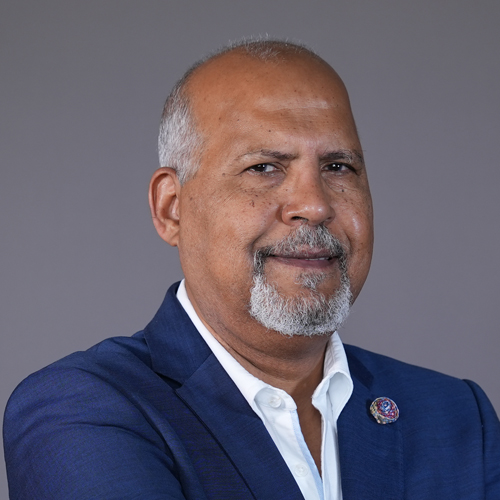
Dr. Mohamed Elkaftangui
Associate Professor of Architecture, College of Engineering, Abu Dhabi University

